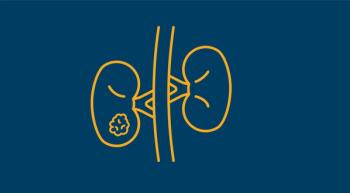
Phase 2 trial findings indicate that cabozantinib plus nivolumab may be effective in treating patients with non-clear cell renal cell carcinoma with papillary histology.
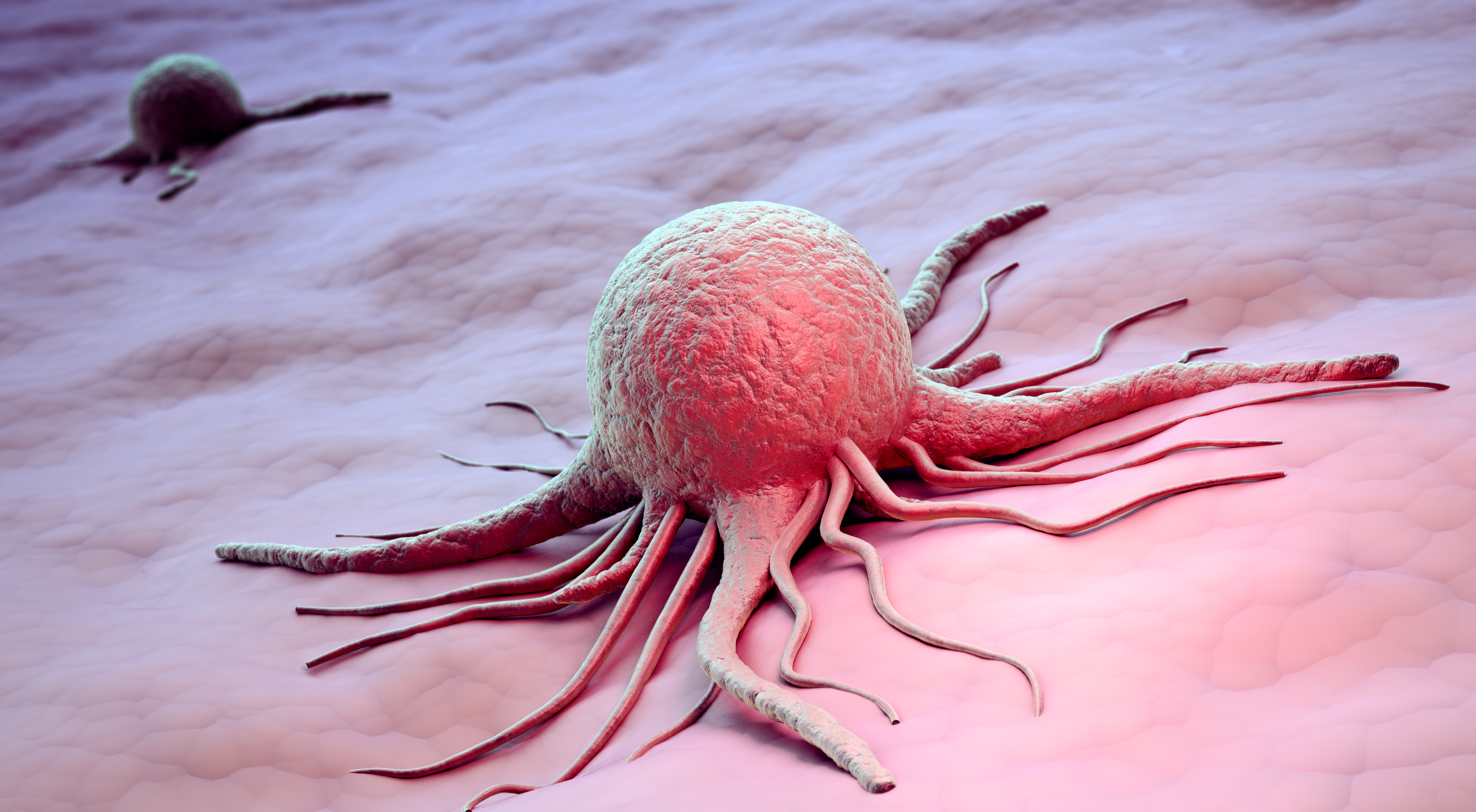
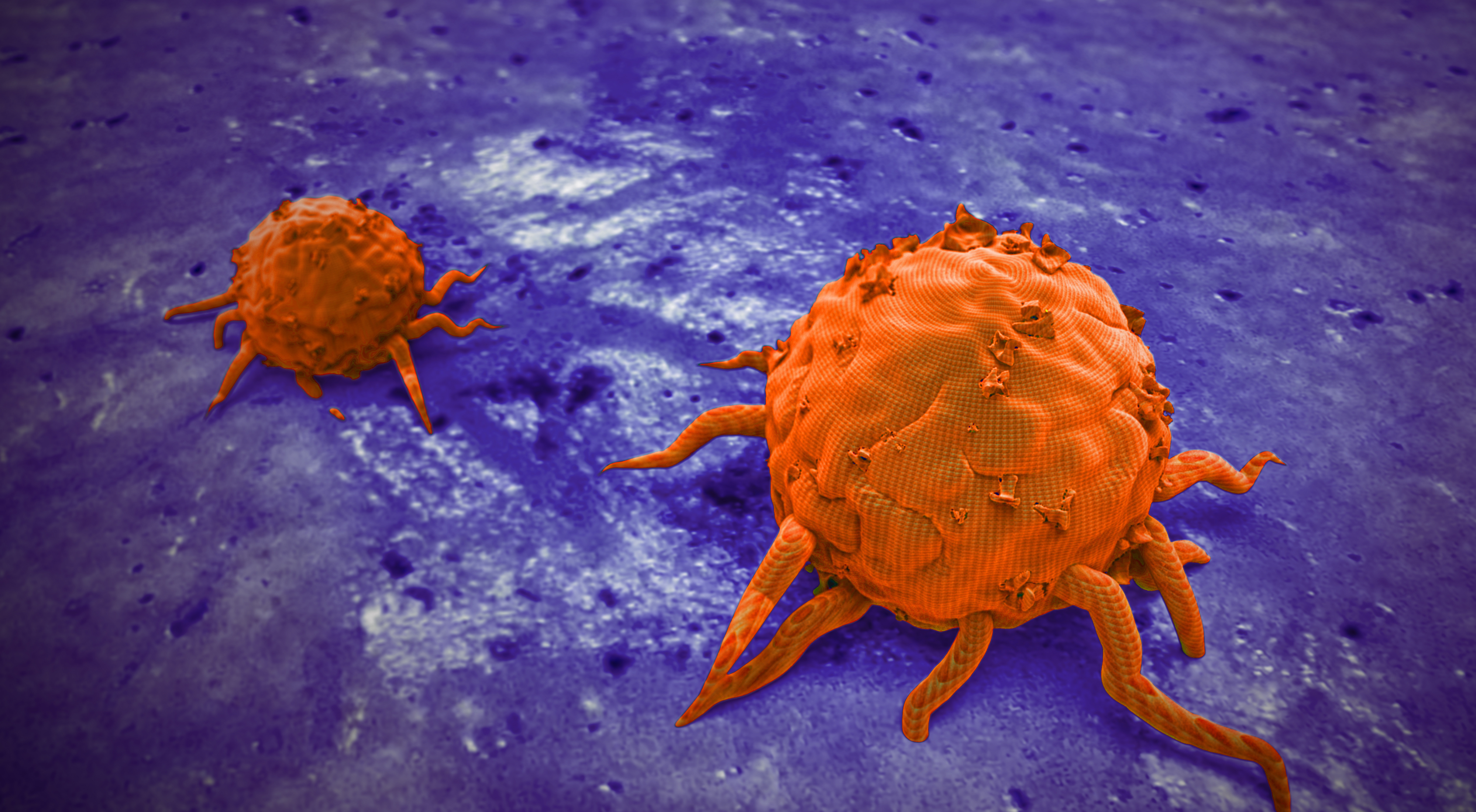
Patients With Advanced Prostate Cancer on Relugolix Experience Manageable Toxicity Levels

Phase 2 trial findings indicate that cabozantinib plus nivolumab may be effective in treating patients with non-clear cell renal cell carcinoma with papillary histology.

Older men who have received androgen-deprivation therapy are an increased risk of heart issues, however, the root of the risk is still not well understood.
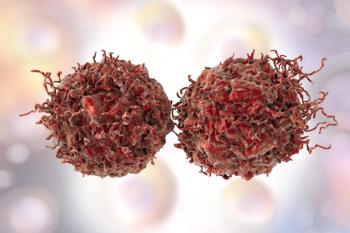
Niraparib improved or maintained health-related quality of life, pain intensity, and pain interference in patients with advanced or metastatic castration-resistant prostate cancer.

The FDA has granted a priority review designation to darolutamide plus docetaxel for patients with metastatic hormone-sensitive prostate cancer.

The addition of apalutamide to androgen deprivation therapy does not lead to a significant patient-reported side effect burden nor a reduction in health-related quality of life in patients with metastatic castration-sensitive prostate cancer.
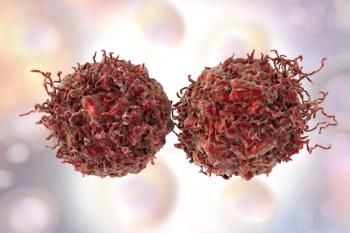
PARP inhibitors emerge as frontline treatment in metastatic castration-resistant prostate cancer, immunotherapy combinations improve quality of life in advanced renal cell carcinoma, and antibody drug conjugates show promise in cisplatin-ineligible urothelial cancer.

Findings from a phase 1 trial evaluating CAR T-cell therapy in patients with solid tumors showed promising clinical benefit with the treatment strategy.

In this episode of “The Vitals,” Hamid Emamekhoo, MD, discusses the evolving treatment landscape of kidney cancer.

Lutetium-177-PSMA-617 is now FDA-approved for the treatment of patients with metastatic castration-resistant prostate cancer who have already received androgen receptor pathway inhibition and taxane-based chemotherapy.

Radiotherapy treatment has continued to evolve to become both shorter and faster in potentially curing prostate cancer.

A Yale Cancer Center expert offers a quick glance at the metastatic urothelial cancer treatment landscape.
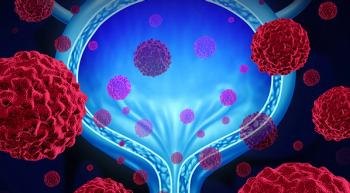
Preliminary findings suggest that enfortumab vedotin may be an effective treatment option for cisplatin-ineligible patients with muscle-invasive bladder cancer.
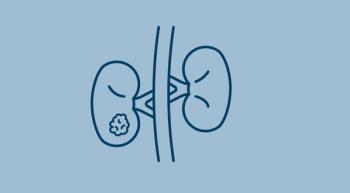
Adjuvant mitotane did not yield a significantly reduced risk of recurrence among patients with adrenocortical carcinoma.

The immunotherapy combination of nivolumab and ipilimumab elicited favorable health-related quality of life responses compared with sunitinib in patients with advanced renal cell carcinoma.

Compared with enzalutamide or abiraterone acetate tablets, olaparib was associated with decreased pain burden and better health-related quality of life in patients with castration-resistant prostate cancer.
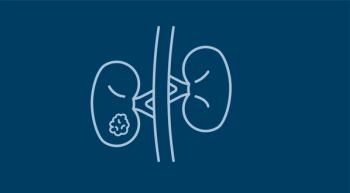
Cabozantinib is determined to be a safe treatment option for patients with metastatic renal cell carcinoma whose disease failed to respond to prior immunotherapy combinations.
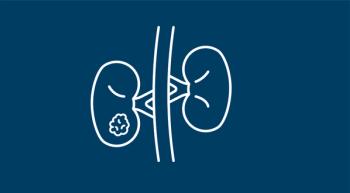
Patients with 4-1BB or LAG-3–expressing T cells at baseline, or a high proportion of PD-L1–expressing myeloid cells and plasmacytoid dendritic cells during boost cycles, may be more likely to benefit from the combination of nivolumab and ipilimumab.

Adding sacituzumab govitecan to second-line pembrolizumab garnered promising antitumor activity among patients with checkpoint inhibitor–naïve metastatic urothelial cancer.

Nivolumab plus cabozantinib outperformed sunitinib in maintaining health-related quality of life in patients with advanced renal cell carcinoma.

A post-hoc analysis of 2 studies revealed that patients with advanced prostate cancer receiving apalutamide reported positive wellbeing scores during treatment.

The androgen receptor inhibitor darolutamide prolonged overall survival compared with placebo in patients with at least 6 comorbidities.

Frontline niraparib, abiraterone acetate, and prednisone yielded improved radiographic progression-free survival in patients with metastatic castration-resistant prostate cancer.

First-line treatment with olaparib plus abiraterone resulted in a 34% risk reduction of radiographic disease progression or death in patients with metastatic castration-resistant prostate cancer.

A newly designed model will outline what genetic patterns put men with prostate cancer at an increased risk of toxic side effects.

Patients with various solid tumor types experienced improved antitumor immunity after adhering to a diet with severe caloric restrictions.